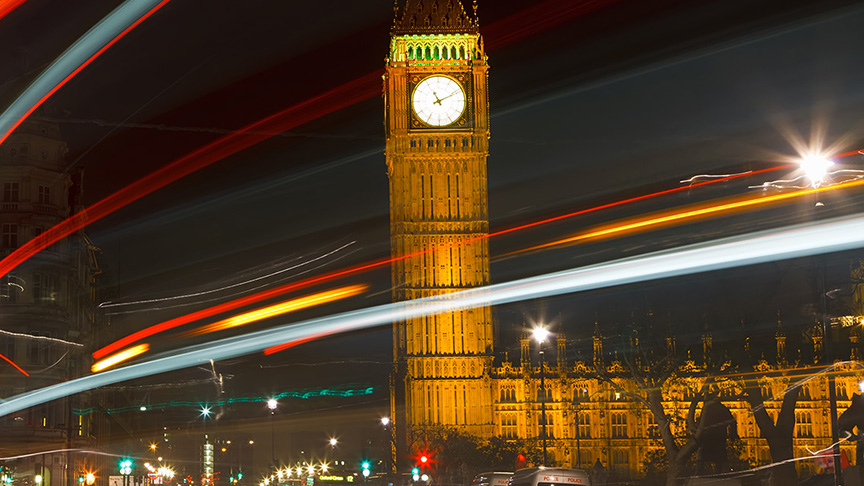There are few questions guaranteed to elicit heated debate as the quality of your broadband connection. More than any other utility, broadband always seems to draw the widest opinion. Perhaps this is due to the geographical disparity of services or the differing cost-points of providers. However, the topic of broadband connectivity was once again thrust into the media spotlight this week with the publication of Oxford University’s annual broadband report.
Detailing the state of the world’s broadband market, the study found that the UK is not ready for the networking demands of tomorrow. To anyone familiar with the UK’s digital agenda, the study’s findings may come as no surprise. In a recent post, I discussed the challenges currently being faced by the government and the country’s service providers to develop the UK into a networked nation. However, progress here is slow and as the map below highlights, there is a great deal of work to be done to move the country forward, especially if we wish to meet any of the government’s or the European Union’s goals. What’s particularly alarming about this map is the sheer number of regions with 0% likelihood of network investment.
While this is somewhat disappointing, it is encouraging to see that the UK’s Digital Champion, Martha Lane Fox, is once again rallying grass roots support. Earlier this week, the Digital Champion launched Get Online Week; an event designed to encourage the UK’s 9 million adults who have never accessed the web to go online. Throughout the country, businesses, charities and communities are pulling together to organise classes and workshops to educate friends and neighbours who have not yet taken that first cyber step.
I attended one of these sessions and was amazed to see this community-wide approach in action. In some cases, it only took an hour to show users the transformative powers of the Internet, especially as a tool for increased communication and productivity. In many respects, this is the essence of David Cameron’s plan for a Big Society, which will see power decentralised and handed to local authorities.
In addition to the Big Society, it’s also encouraging to see the activities of Rory Stewart MP, who can often be found travelling the country evangelizing the need to improve broadband access for the underserved. Mr Stewart recently held the country’s first Rural Broadband Conference, where a range of parties discussed how to connect the UK’s rural communities. Indeed, this is a key question and one that was raised at this month’s Parliament & Internet conference, where continued concerns over how the government plans to fund next-generation access were discussed.
Currently, there appears to be no clear answer to this question.
What are your thoughts on this topic? How can the UK ready itself to answer tomorrow’s broadband opportunities? Can we rely solely on the Big Society to develop a true networked nation? Should the government be more involved? I’d be interested to hear your thoughts.

